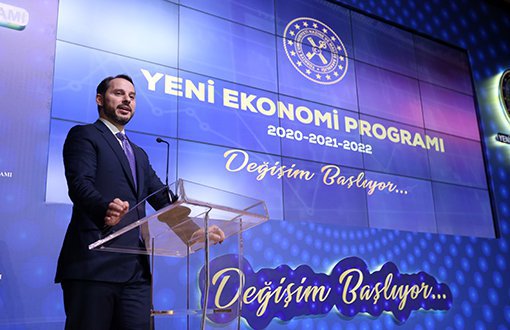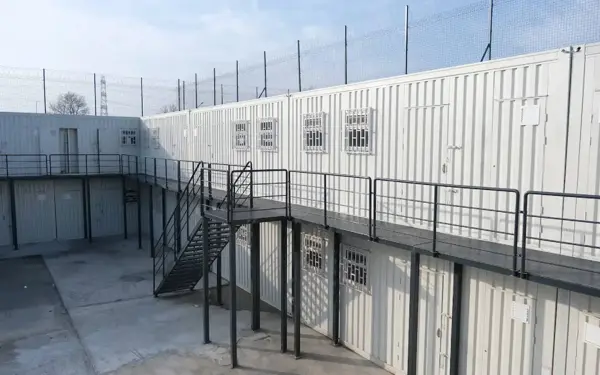Click to read the article in Turkish
Economist Ali Rıza Güngen has said, "The claims that Turkey's economy is rebalancing do not reflect the truth. All macroeconomic indicators show that the economy is getting worse," on the New Economic Program (NEP) announced by the Minister of Treasury and Finance Berat Albayrak on Monday (September 30).
Türkiye'nin ekonomik göstergelerinin her geçen gün biraz daha yüksek sesle tartışıldığı bir ortamda Hazine ve Maliye Bakanı Berat Albayrak Yeni Ekonomi Programı'nı 30 Eylül'de açıklanmıştı.
The NEP, which covers the period 2020-2022, covered basic macro indicators such as inflation, employment, growth, exports and the current account deficit. Berat Albayrak announced a program with the same name last September.
Güngen evaluated the NEP and economic indicators for bianet.
"Basic indicators are revised"
"There are some fundamental differences between the announced program and the program announced last year. The basic indicators were revised.
They changed the growth target for 2019. They changed the budget deficit figures as they were spending to ease the economic contraction.
"NEP says that they could not complete the opening of new credit channels during the crisis and they could not realize the tax reform. At the same time, a much smaller contraction than countries or international organizations expected is praised.
"The biggest common point is discrepancies"
"The biggest common point between the two programs is that the insistence on inconsistencies. There is a discrepancy between the current account deficit and growth figures in both programs. Because it is not possible for Turkey to have a growth rate of 5 percent in a period it has a current account surplus. For this, Turkey's economy should have either a major technological breakthrough or increased efficiency in a few years. We know that this isn't happening. I can say this by considering the data for the last 25 years.
"What Minister Berat Albayrak marketed as economic rebalancing is the reduction of the current account deficit. It is correct when you look at the data. The current account deficit decreased, but the economy contracted. Therefore, it would not be correct to say that the economy of Turkey is rebalancing.
"It is claimed that there has been rapid economic stabilization since last year. However, all macroeconomic indicators - except inflation and interest rates- show that we are getting worse. The difference to the previous year is the decline in interest and inflation rates.
"It is almost impossible to meet the inflation target"
"All other signs indicate it is bad. For example, unemployment. Youth unemployment is extremely high. The most broadly defined number of unemployed in Turkey 7 million 724 thousand. This shows us the loss of employment. We see the highest program-defined budget deficit in history. Although the credit volume has increased in recent months, the increase is far behind the pace of a few years ago. Expectations change but uncertainties persist.
"We seem to have low growth and recession ahead. A country like Turkey growing two percent means recession. Positive growth will come in 2020, but what will happen in 2019 is a growth rate close to 0 percent.
"This is something that affects our everyday life. While there are budget deficits and such spending tempo, it is not possible to achieve the targets. For inflation to reach the targeted level, there should be a change in the spending tempo. There should be a change in the global conjuncture so that inflation can decrease in 2020. "It is almost impossible to meet the inflation target." (HA/VK)












